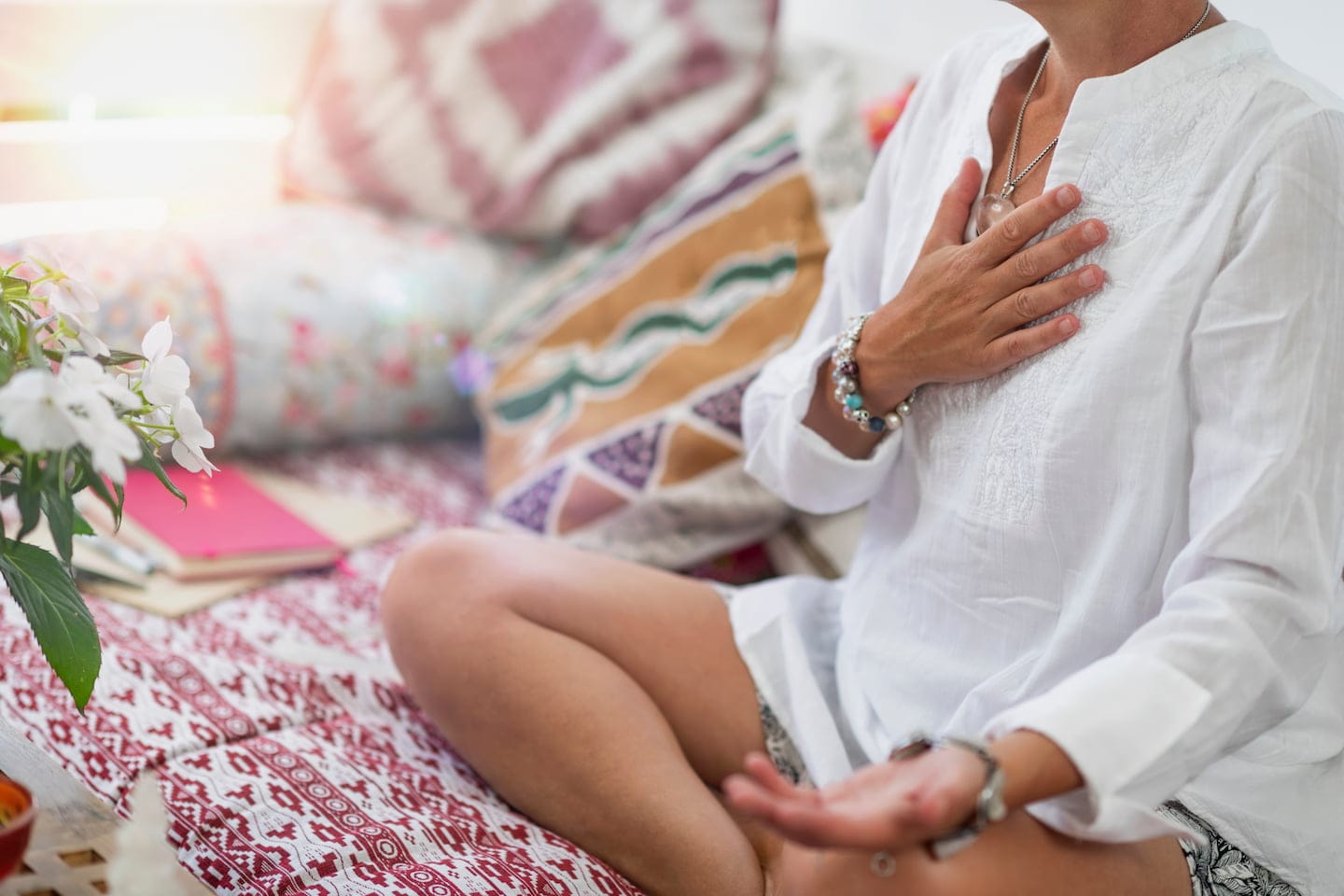End the night right!
November, 2019It’s no secret that losing quality sleep can take a toll on your health and wellbeing. Take a moment to think about how you slept last night – could it have been more restful? Do you feel ready to tackle today? We have three awesome ways to change your nightly routine to make sure you wake up feeling refreshed and ready to overcome the dread of daylight savings.
Switch electronics off
Stop scrolling before bed! Studies show the bright, blue light emitted from your phone or laptop negatively impacts your body clock (or, more scientifically, your circadian rhythms). This clock, or rhythm, regulates when we feel sleepy and awake. Electronics overstimulate our brains at a time when we need to relax. Checking social media or work emails before bed can also lead to stress and worry and affect your quality of sleep. Switching off devices anywhere from 30 to 60 minutes before bed can improve your ability to fall asleep – even if you’ve lost an hour!
Calm yourself
In a study of over 2,000 participants, 58 per cent of respondents said they couldn’t fall asleep because of a `busy mind’, whereas 24 per cent said worry, stress and anxiety affected their sleep the most. Practicing a calming activity at bedtime can help you relax and get the rest you deserve. Try guided meditation. YouTube and Spotify have resources, but you can also download free apps. Set a sleep timer and leave your phone playing by your beside as you drift off into sleep.
Reading and writing are two other great nighttime activities. Reading in another room ensures your brain knows your bed is just for sleeping. You can also try writing down your worries, stressors or to-dos in a journal. This can help prepare yourself for sleep and set you up for the next day.
Cool down
Even in the winter, your room may be too hot for a good night’s sleep. According to the National Sleep Foundation, you want to aim for a bedroom temperature of 60 and 67 degrees Fahrenheit (15.5 and 19.4 degrees Celsius). Cooler room temperatures mimic what our body is naturally used to: falling temperatures at night. When the temperature cools, our bodies react by producing melatonin, the hormone that helps you fall asleep!



